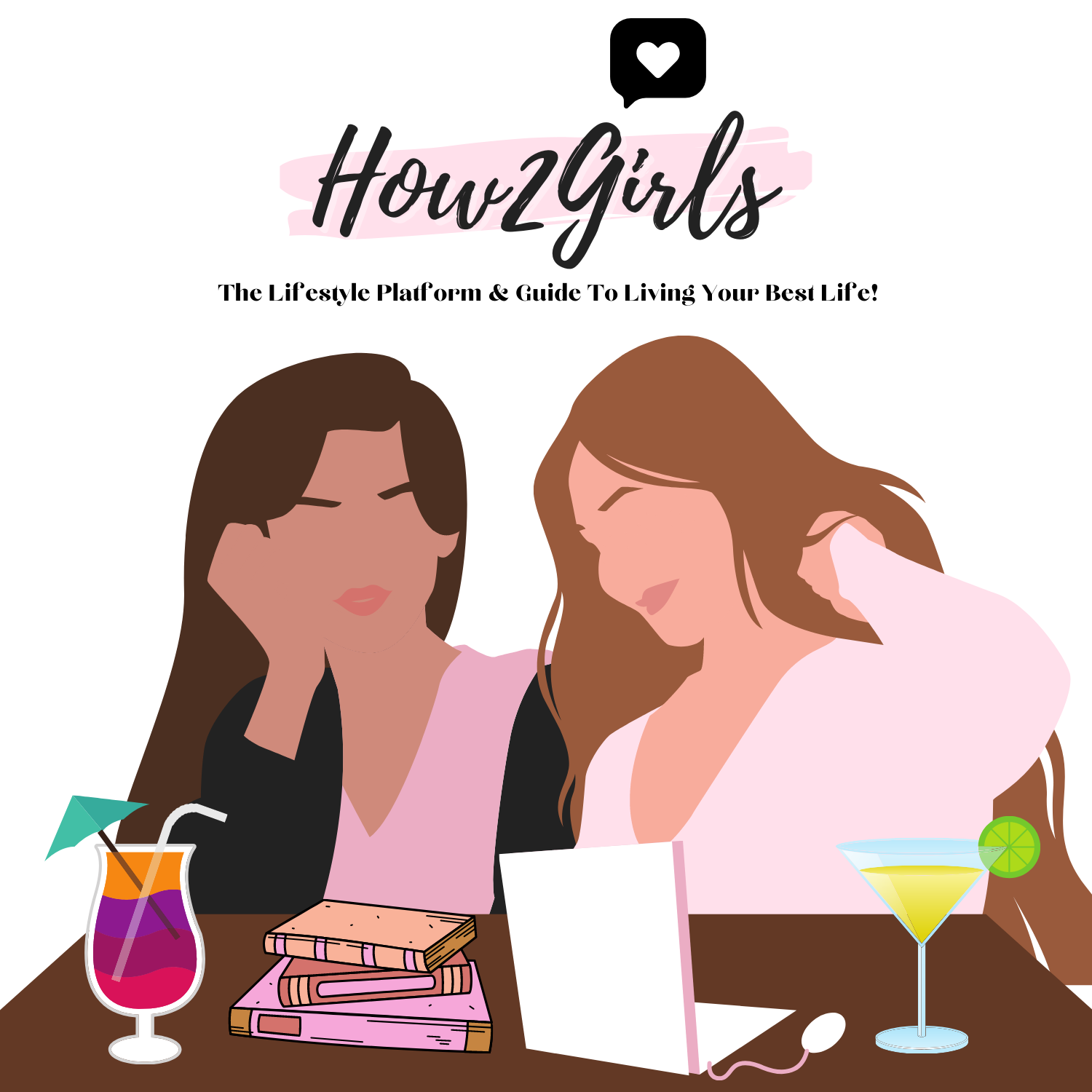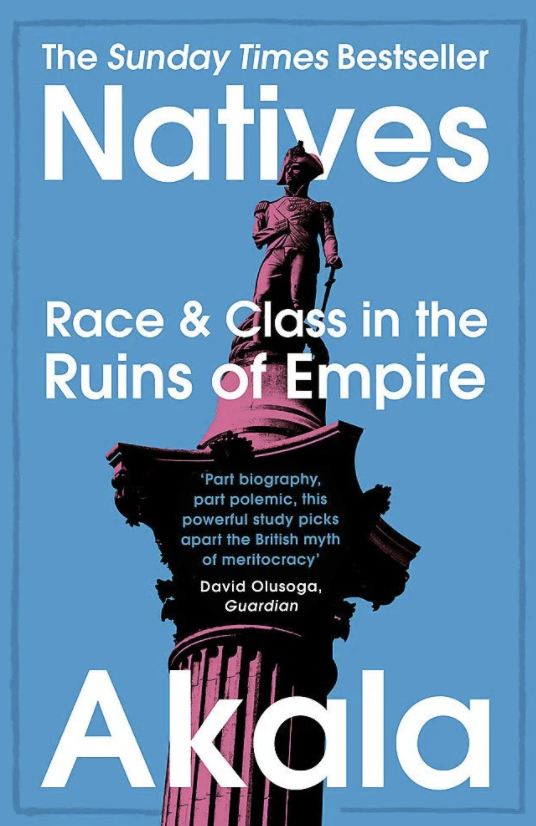How2: Chlo’s Library. Chapter 1 - Natives.
A lot of you know that reading is my absolute favourite thing to do, besides eating. I’ve always thought of myself as a bookworm. My favourite day of the week at primary school was when the library bus came, if you know you know. This progressed into my teen years where Wattpad took over – discussing latest chapters in the playground with my friends was key lunchtime conversation. And now, I still find myself with that same love for escaping into a book as I did back then.
Reading offers so many great opportunities. You can open your mind to so many different opinions that will help you expand on your own. Besides, who doesn’t want to learn something new and become even more educated?
I cannot tell you how many books I have ordered during this weird period of time, the delivery drivers must be sick of me. I have also had so many people asking for book recommendations, as well as asking for book recommendations for myself.
Reading is another way of also overcoming ignorance. We are all aware that our British educational system teaching did not provide us with the full facts of history; I can tell you what Henry VIII done to his six wives, but ask me to tell you about how Madam C.J Walker became the first self-made millionaire in America and I can’t. This is a problem in itself that requires a whole other post, but the best thing we can do to overcome this is to educate ourselves. If nobody is going to teach us a non-biased account of history, then we need to do take it upon ourselves to do so.
That’s why my first book recommendation is Natives - Akala
I have read and re-read this book so many times I can’t even tell you. I have had to buy a second copy because my original is covered in highlighter, pencil markings and bookmark stickers. I can honestly say that I learned more about British history and colonialism reading this book than I did during my five years studying history at secondary school. Now this is only on the back of one book, imagine how much more you can learn if you start reading and indulging in even more information.
Akala addresses issues such as colonialism (insert eye roll), police, the education system, structural racism (and another eye roll), class and numerous other issues. Now with the current climate and this push for people like myself using their privilege to fight for change, your horizons must be broadened for this to be possible. You can’t have an educated conversation with somebody when you don’t have all the right facts to argue your opinion.
For example, were you aware that during the process of decolonialisation, Britain actually burnt, buried at sea and hid a load of documents containing information about what happened under British colonies? Were you also aware that this only came out in 2011 yet this secret behaviour has been going on since 1662? Now explain to me how this idea of Britain being this great colony makes sense when we aren’t even aware of the full story. This is just SOME information that Akala speaks about in Natives.
Akala doesn’t only address issues regarding race, but also regarding class. He describes the affects that class has on society, in particular British society, and how this then has a rolling effect on the wider world. For example, he discusses how despite the idea of meritocracy in the education system, why are the hierarchal structures that lead to inequality still being reproduced in this societal structure? Why do children from a lower societal class background get entered into lower GCSE exams despite their level of intelligence? He then explains what affect the entry level of pupils has on wider society and what this then means for said pupils.
Akala also explains what it was like growing up as a mixed-race child of Jamaican & Scottish parents. He discusses how he felt upon realising that his mum is white and that despite this, society still racialised him as black. He then explains the struggles he faced as a result of the depiction society placed on him. He also explains the importance of his Pan-African Saturday school and how key this was when fighting against a national curriculum that is not at all inclusive.
I could go on and ruin the entire book for you, but I won’t. Instead you need to order yourself a copy ASAP. This has been one of my favourite reads for the past two years and will continue to be for a long time. Every time I read it I am finding out something new because there is just THAT much information in the 343 pages of this book. Akala has done an amazing job of using his life experiences of being stopped & searched at 12, realising his mum is white, dealing with racist teachers whilst also having a great education on a Saturday, to discuss how both class and race have shaped his life.
I hope you have enjoyed Chapter 1 of Chlo’s Library.
NOW ITS TIME FOR THE SURPRISE:
We are looking to do a HUGE book exchange. You can be anywhere in the world, all you have to do is purchase a copy of your favourite book and send it in to us. We will then send you a copy of our favourite books. What greater way to expand our minds than through each other?
If you are interested, email us or send us a DM.
(Email: how2girls@outlook.com
IG: @_how2girls)
Whenever you read, somewhere in the world a door opens to let in more light – Vera Nazarian.


